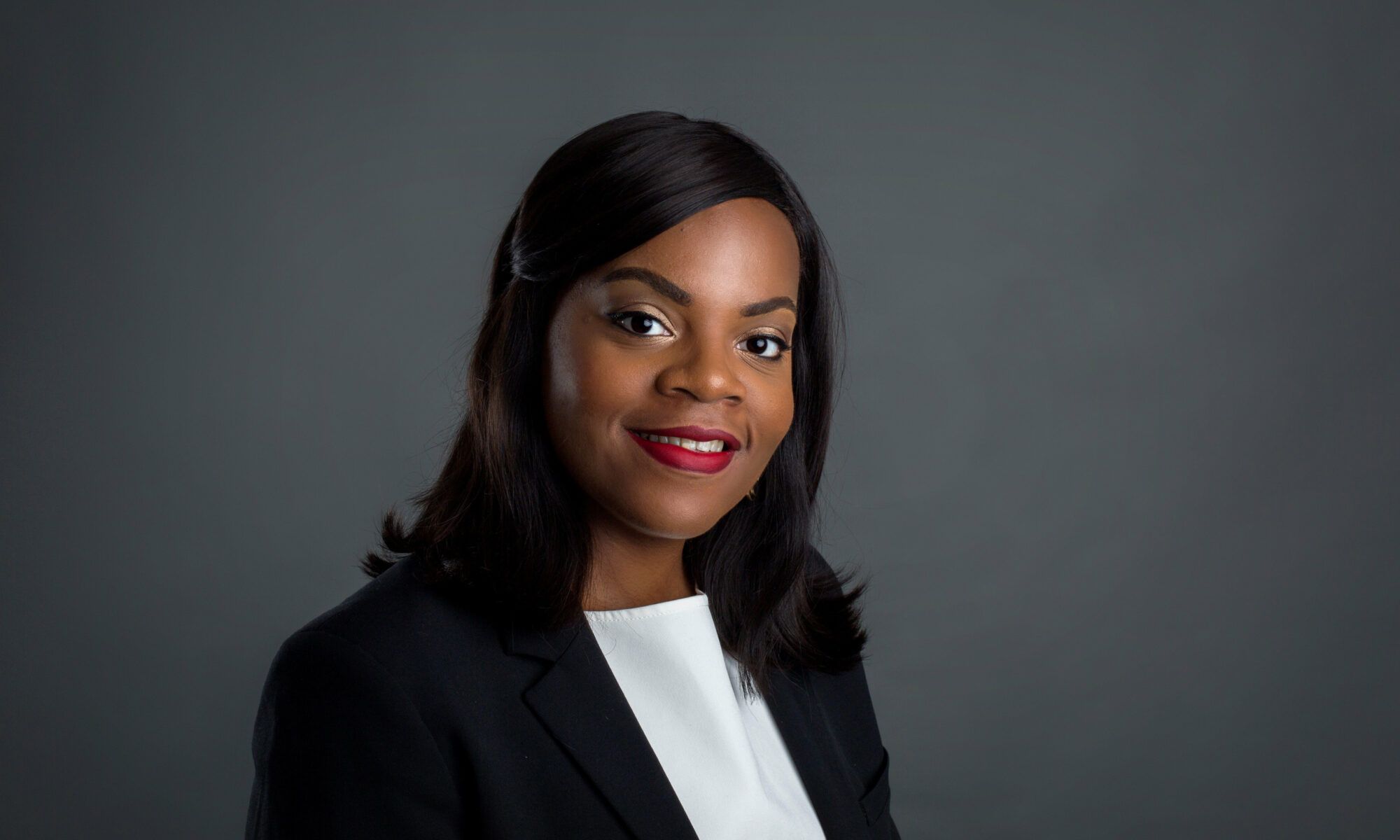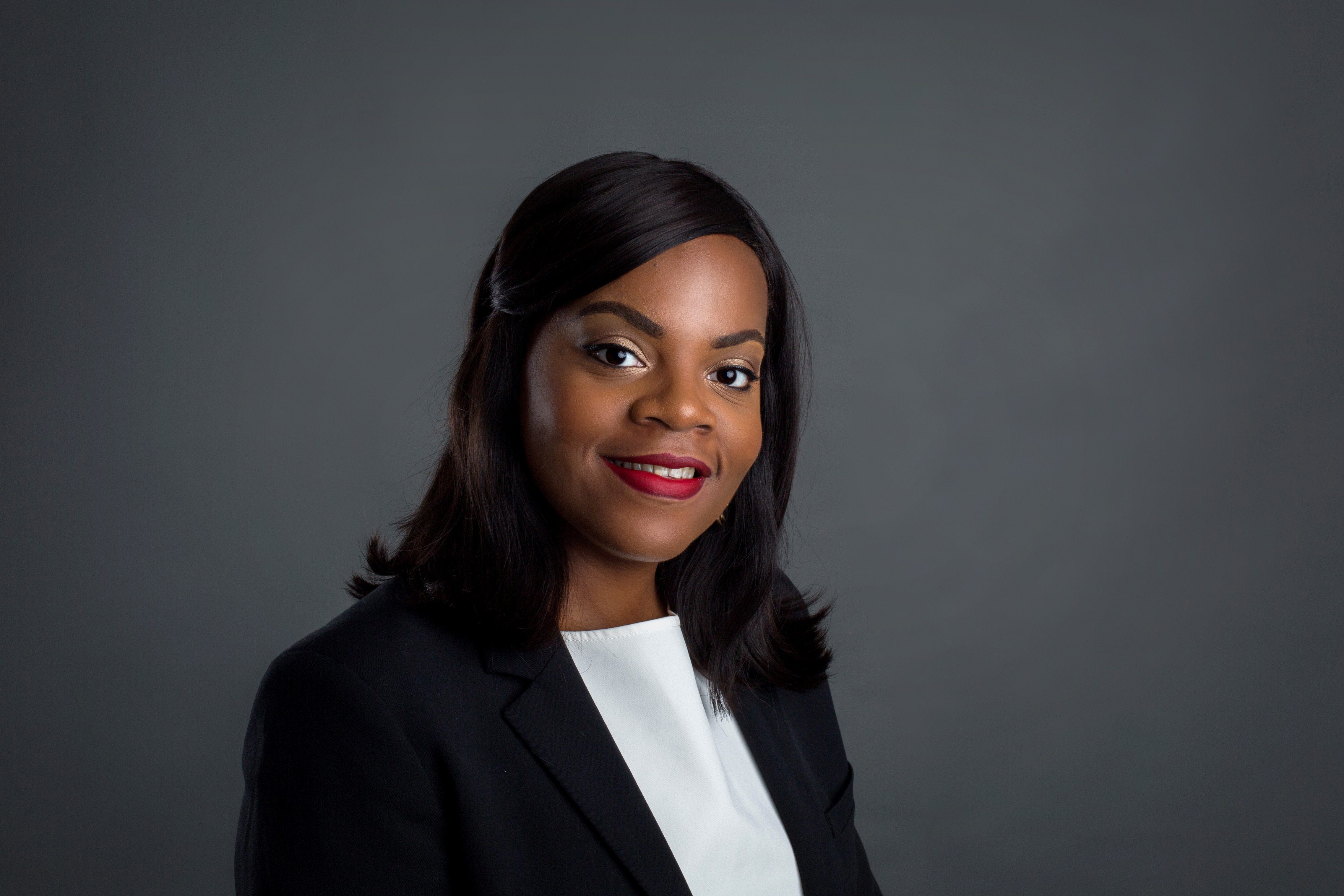Most law firms in Cameroon chose to operate in Douala, instead of the capital Yaoundé. Why is this the case? What are the advantages of both locations?
The first reason for this choice is that Douala is the economic capital of Cameroon. Most local and multinational companies, and most banks are based in Douala. Simply put, there are more business opportunities and potential clients in Douala than in Yaoundé.
However, setting up one’s practice in Yaoundé can offer an advantage in terms of proximity to the central Government, who plays a major role in the country’s economy both as a regulator and an actor.
For instance, in Yaoundé, access to information regarding the regulatory requirements to be met by clients in any given economic sector is generally easier. Or, if you have a firm that mostly intervenes in major infrastructure projects commissioned by the State (roads and transportation, energy, etc.), proximity to government officials can be an asset.
On another note, ministries and other public institutions are beginning to see the value in outsourcing their legal needs to firms that have skills and expertise they do not necessarily have in-house. Here too, proximity is an asset when it comes to meeting with decision-makers in order to offer one’s services.
Many local law firms don’t just cover Cameroonian law, but are active in the whole sub-Saharan region. How does this benefit clients? Why do firms choose Cameroon as a hub for sub-Saharan law?
I would not necessarily say that firms choose Cameroon as a hub for the Sub-Saharan region as a whole, but they would definitely choose it as a hub for the CEMAC (Economic and Monetary Community of Central Africa) subregion. Cameroon is by far the leading economy in the CEMAC subregion, and has more skilled legal professionals who can easily practice local law, but also that of other countries in the subregion, which often has many similarities.
As far as clients are concerned, it is definitely more cost-effective to work with lawyers who can cover many jurisdictions rather than having to retain different lawyers in each of these jurisdictions.
I would stress, though, that African markets are very particular and that there are often many discrepancies between what laws provide for and what central and local governments do in practice. So, even if a firm covers several jurisdictions, they would be well advised to work closely with one or two trusted local counsels who can help them navigate the local administrative and cultural intricacies.
Over the last five years or so, several new Cameroonian law firms have been founded, for instance by lawyers who trained in Europe and are now returning to Cameroon to start their own firms. What effect does this have on the legal market? Are these firms targeting similar clients as firms with longstanding track records in the country or do they pursue a different business model?
It might be too soon to say what effect this influx of internationally-trained lawyers has, or will have on the Cameroonian legal market. One can, at the very least, anticipate a visible increase in the general quality of legal services in Cameroon, as these lawyers generally operate on more demanding standards.
Obviously, I cannot offer a general opinion on the matter of the business model, as it is specific to each firm. But in my view, all these new firms more or less share a similar ambition.
They want to provide the best possible standards of legal services to local and multinational corporations, investors and economic actors at competitive cost. By doing so, they want to gradually reclaim the local legal market from international firms whose services were disproportionately retained by most of the key-players, including the Government and the public sector, due to a lack of adequate local expertise, and despite the fact that they had only a very distant knowledge of Cameroonian law, and virtually no knowledge of the reality of business on the ground.
These new firms also aim to offer the same quality of services to smaller local clients or international investors who have been neglected by the biggest firms because their operations did not appear sufficiently lucrative.
There is therefore a willingness to take the market by storm and ensure a local and African coverage of all the legal needs that may emerge in the country.
These new firms are also set to compete with the historical local firms, some of which have not necessarily adapted their working methods to the new world, which might have elicited a sentiment of dissatisfaction among some of their long-standing clients.
How does your firm stand out in this dynamic market? What are your key initiatives to attract new clients?
To stand out in the Cameroon legal market, our first step was our branding. We have adopted a very unique and recognizable visual identity and a very clear corporate philosophy that have helped us capture the market’s attention and gain its trust.
Then we have distinguished ourselves by the speed of our service, which we owe to a team of competent, hand-picked professionals and an extensive digitization of our practice.
We have also highlighted the fact that we are a multi-skilled firm by organising ourselves in several departments, which is still a rare thing within Cameroonian law firms.
With regards to our main initiatives to attract new clients, we have developed a strong presence and assiduous communications on our activities on social media, and consistently produced academic (doctrinal articles) and informative content (newsletter, educational videos, etc.), with very good results.
We also take part in many conferences and symposiums to gain visibility, and often provide academic and professional training in universities or within local companies.
International rankings and our participation in many referral networks (both private and institutional) are also a very efficient way to attract new clients.
Silicon Mountain is Cameroon’s answer to Silicon Valley. How does this growing community of start-ups and developers drive the technology industry in Cameroon and what are some notable success stories?
The “Silicon Mountain”, located in Buea (South West Region), was indeed a thriving ecosystem within the technology industry in Cameroon. Unfortunately, due to the ongoing crisis in the Anglophone North West and South West Regions, the related security threats and the internet shutdown imposed by the Government in those regions between 2017 and 2018, “Silicon Mountain” has been struggling and is now barely surviving.
In fact, the tech start-ups ecosystem has now effectively relocated to Douala and Yaoundé, and outside of the country.
That being said, the local tech community has not given up on trying to rebuild itself in the wake of these events. For instance, “ActivSpaces”, Cameroon’s first tech hub is still succesfully supporting start-ups there. One example of such successes is “Digital Renter”, an online real estate agency.
Moreover, in 2019, the Government granted the status of economic disaster areas to the North West and South West Regions. Among other relief measures, companies setting up operations in these zones may notably be exempted from VAT on purchase of goods and services, property tax on buildings used for operations for up to 3 years in the installation phase. For up to 7 years in the operations phase, they may notably be exempted from company tax and contributions on salaries paid to staff.
This is obviously a step in the right direction, but the “Silicon Mountain” will not be revived if the Government cannot guarantee a long-lasting atmosphere of peace and stability in these regions.
How does your firm support technology clients?
Whenever possible, our firm does pro bono work for tech start-ups. We also offer them preferential rates to allow them to access quality legal services at a competitive cost.
We also use our international legal expertise to help our local tech clients meet the highest international standards in their field.
For instance, seeing as Cameroon does not yet have a legal and regulatory framework on personal data protection, we have been drafting customized personal data protection policies for our clients to help secure their customer’s confidence in them in this regard. For those who do business with EU-based companies or collect personal data from EU citizens, we have notably helped in terms of compliance with the EU’s General Data Protection Regulation.
What technology initiatives has your firm implemented, particularly in response to Covid-19?
We haven’t needed to implement any specific technology initiatives in response to Covid-19.
As our practice and our communications with our clients and within the firm have been largely digitized from the start, it was mostly business as usual for us, even in the height of the pandemic.
For instance, we haven’t had any trouble implementing our voluntary telecommuting period, and didn’t face any slowing factors in our work that were not exogenous – for instance public services and courts’ activity was reduced to curtail the spread of the virus.
The energy sector in Cameroon is growing continuously. Where do you see most potential for investors in the coming years? Which forms of renewable energy show promise?
As the Cameroonian Government is aiming for a 25% renewable energy production by 2030 and is implementing several policies and projects in this regard (notably the rural electrification program and the mini solar plants program), I would say that the renewable energy sector has a lot of potential for investors.
In terms of promise, the Government is putting a strong emphasis on small-scale hydroelectric power, biomass and solar energy, so investors should look into those forms of renewable energy in priority.
Which other industry sectors would you say have a bright future ahead of them?
The construction sector is currently looking very good in Cameroon.
I would also say that the banking and finance sector could have very bright days ahead of it as it now tends to be led by younger, internationally educated professionals, who believe in taking an active part in financing the economy and are willing to engage in innovative operations such as securitizations.
The public sector may also experience elicit a renewed interest, as the new 2019 Code of Regional and Local Authorities has given decentralized bodies an unprecedented level of control over their procurement process.
Traditionally, most Cameroonian law firms put a core focus on corporate and commercial law. Which other practice areas have been in high demand recently?
Recently, we have noted a significant increase of the demand in terms of intellectual property. Many local companies have come to realize that IP rights are valuable assets that should be protected. We have received several requests relating to IP audits, filing and protection of trademarks and patents and the development and commercialization of IP assets.
There is also a rise in property and real estate demand. We have been asked to structure and incorporate several real estate companies over the past year, and have been involved in land audits and transactions.
What niche areas of law does your firm cover?
We cover many niche areas of law practice such as music and entertainment, agriculture, food, restauration and catering.

